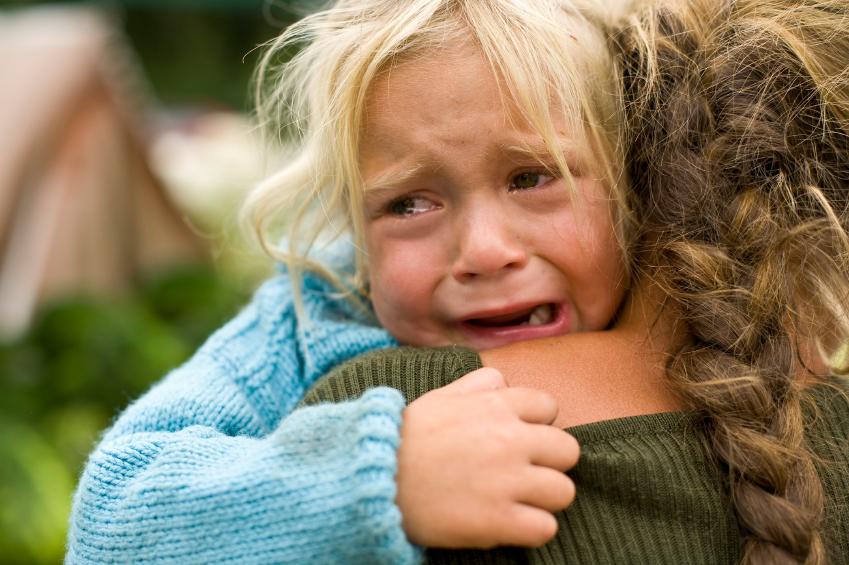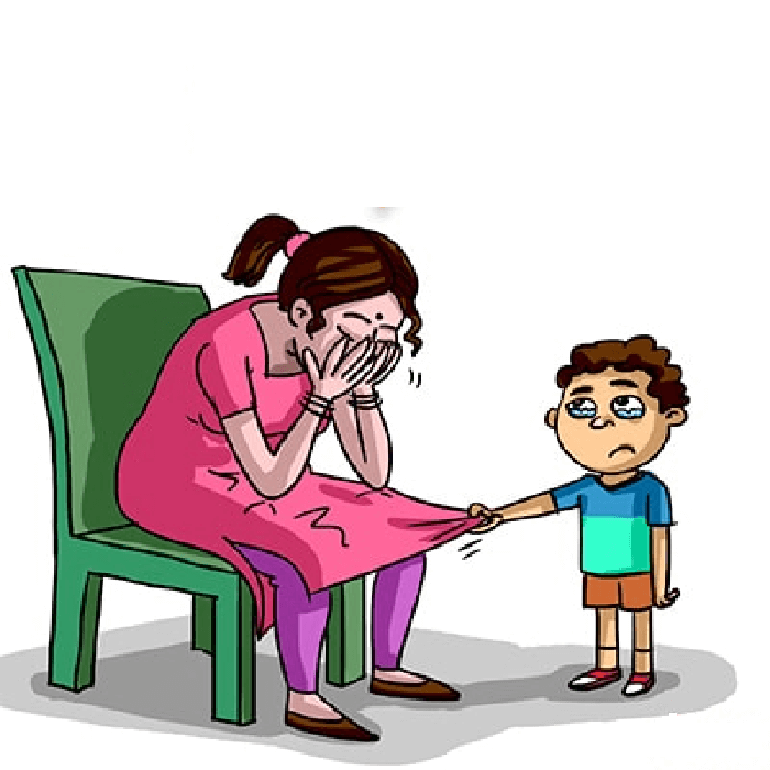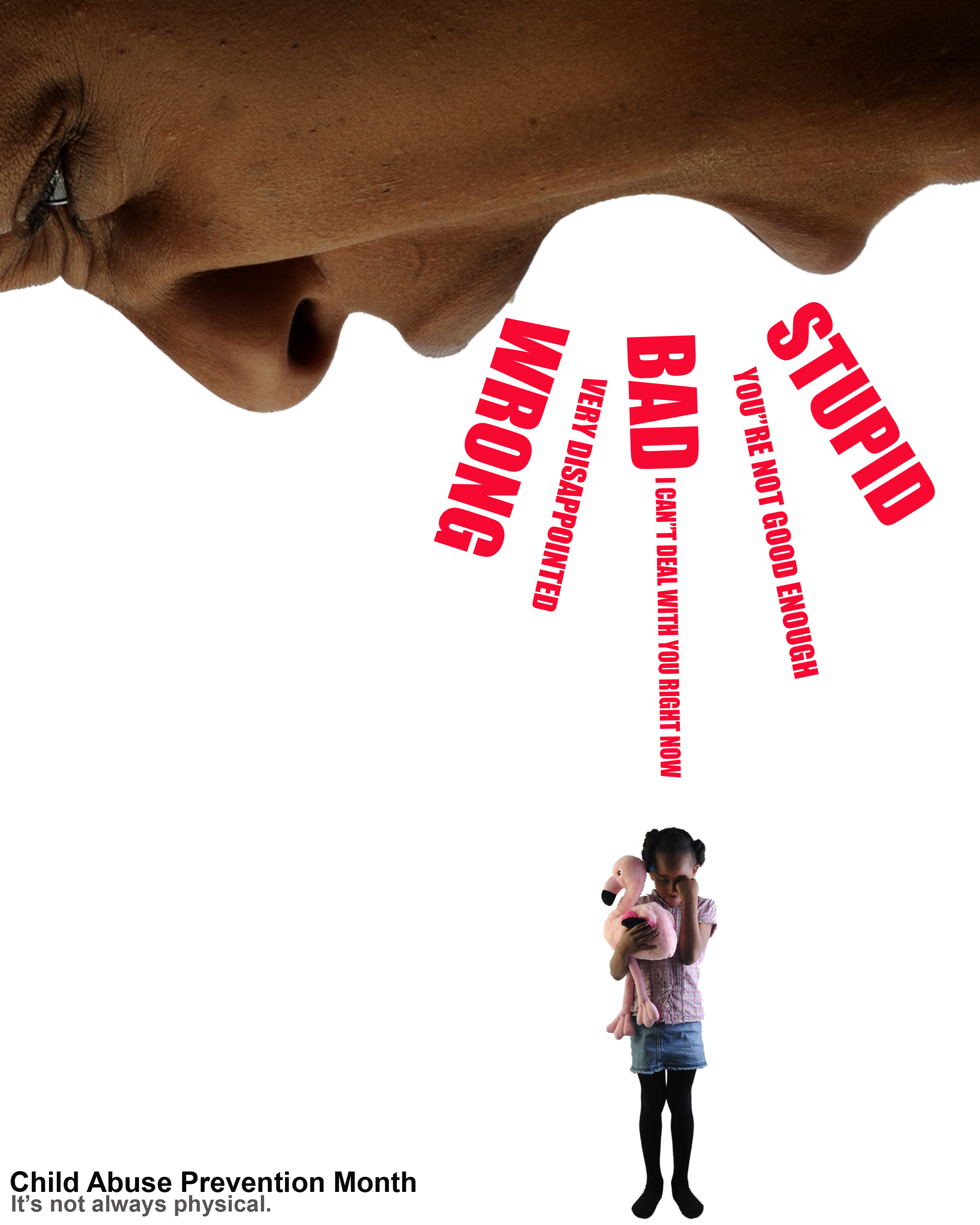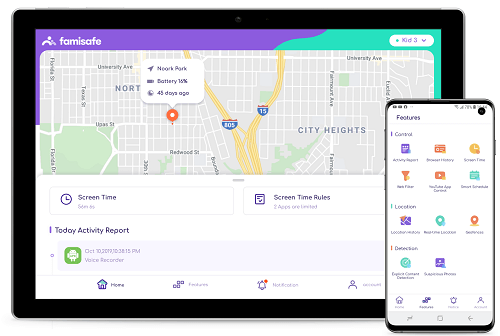10 Things You Should Never Say to Children
Things You Should Never Say to Your Child
ALL TOPICS
- YouTube Parental Control
-
- How to see your YouTube history?
- Put parental controls on YouTube
- Delete TikTok Account without Phone Number
- Ways to block YouTube channels
- Ways to Get Somone's IP Address and Hide IP Address
- A complete guide on YouTube parental control
- Kids safe YouTube alternative
- Top 5 TikTok Alternatives
- Methods to restrict YouTube adult content
- Social Media App Parental Controls
- Parental Control Tips
Dec 12, 2025 Filed to: Parenting Tips Proven solutions
Parenting is a continuous process and requires an umpteen amount of patience. No parenting method is perfect, but no parent is bad. As a parent, you constantly strive to give the best to your child. But, in this lifelong journey of juggling tasks, you might tend to falter at times. Whereas the child's mind is too young to understand the elder's trouble and a small word of yours can make a lifetime mark in his mind.
Relax, take a deep breath! It is not just your problem. Facing parental challenges is a concern of most parents around the globe.
To overcome it, communicate with your child as much as possible. Always try to have control over your anger and chose your words correctly. It's indeed easier said than done. Having self-control is not impossible, more so over when it comes to bringing up a healthy child. While we are angry, we tend to use mean words. In the following articles, we have listed the 10 things that parents should never say to kids. Check and see if you said them.
10 things that you should never say to your kids
1."Bad boy or bad girl."
Never say to your child, "you are a bad boy/girl". Children are naive; they do not have much exposure to negativity. Please don't expose them to it by abusing them or by saying bad words. This also demeans their morals.
Instead, if you don't like any activity, explain it to them. Be specific and point out to them the wrong act. Encourage them through positivity and let them know how 'good boy/girl' behave.
2. "Stop crying!"
The cries of your kid might disturb you, and at times out of panic, you might be tempted to say, "Don't cry".
As adults, it's important for kids also to vent out their emotions. Don't refrain them from doing so. The child might start thinking that expressing emotions is incorrect and he might become withdrawn.
Instead, be with the child when he cries. If you can't be beside him, just let him be alone for a few seconds and then ask him why he is crying. Engage him in conversations and try to know the reason behind his tears.

3."What a child he is!"
Comparisons is another big mistake parent fall prey to. Many times you might be tempted to compare your child with another, but refrain. Never say to your child, "Why can't you be like your friend?" It impacts the child's self-esteem.
Instead, encourage the kid, praise him, and let him know he is good and be better. Boost his confidence through words like, "You are a lovely child, and I know you can do better than this."
4. "No."
Researches have revealed that a child from his early days hears 80% more of 'no' than 'yes'. Agreed that most of his demands are not fulfilled, but you must refrain from saying an upright 'no'.
It corrodes the child's trust in you, and he starts assuming that he deserves nothing.
Instead, give him options and let him chose. Like "No, you cannot go out in the rains". can be replaced with "Let's go out when the rain stops, and till then we can play, color, build blocks, or dance.
5." Who taught you this?"
Whenever you observe your child involved in a new (naughty) activity, you might ponder from whom he has learned it. But, don't ask him, "Who taught you this?" This might encourage the child to be an escapist and blame others.
Instead, ask your child, "How you did it?" Let your child come with the thought process behind his actions; this will encourage him to think and ponder his actions.
6."Don't jump/run/beat."
Once again, it is about passing on negativity to your child. Don't stop him from doing an activity. It might just fill his mind with unanswered questions and also make him dependent on you for every correct decision.
Instead, tell, "If you read adult topics, you might not understand the meaning right now. Why don't you try out these sites?" Involve in more dialogues and less of monologues. Explain the results of their outcomes and help them to decide.
7."You are not supposed to know it."
Never say these words. The child might feel you are avoiding his queries, and he might resort to unwanted and less reliable sources for his queries.
Instead, tell your child that you are not prepared to answer the questions. Also, make sure that his questions are not left unanswered. Do your homework and get back to your child with a relevant answer. Never let your child's trust waiver off from you.
8."Don"t be greedy."
Having a sense of possessiveness is okay. Everything is not meant to be shared or sacrificed. Constantly saying your child, "Don"t be greedy", might make them feel that they are supposed to give away everything that they.
Instead, encourage your child to share, "Let your friend play with your toy for a while". This way, they will know it's his toy, and he has the authority to share it with his friends during the playtimes.
9."You are the best."
Like restricting the child is harmful, over encouragement is also erroneous. Statements like "You are the best" can make your child feel that whatever he does is correct, which cannot hold. Instead, praise his acts and deeds and motivate him into inculcating good habits.
10."Leave me"
For your child, you are the world. Never ask him to leave you alone. He can't think of living without you. It might make him feel unwanted. Yes, 'me time' is important for all of us, but with a kid in the house, you need to think of innovative ways to sneak out that 'me time' without hurting your child.

FamiSafe - A Most Reliable Parental Control App
In this era of technology, bringing up a child has become more challenging. Parents not only need to take care of kids' mental and physical health in real life but also in the digital world. Kids get exposed to all kinds of information online at an early age. Some of the information is not for our kids, and getting exposed to them at an early age will harm kids' development. As parents cannot be with kids 24 hours a day, it becomes important to utilize technology to safely protect the child. Apps like FamiSafe can monitor your kid's activities in your absence.
Most kids use small devices like iPhone, tablets, or PCs from an early age. You simply need to install FamiSafe on your kid's device and complete a simple setup. Then you can start to monitor your kid's device on your end. Let's see what features are supported by FamiSafe.
- Location tracking will enable you to know about your kid's whereabouts. You can also set alerts for specific restricted zones so that you will be notified whenever he goes there.
- Porn sites and sites alike are automatically blocked in FamiSafe. Parents can turn the toggle next to different website categories under Web Filter to prevent kids from accessing inappropriate online content.
- Block an app temporarily or permanently using App Blocker if you feel it's diverting your child.
- Social media, the biggest challenge of today's times, can also be monitored through this app using the Explicit Content Detection feature.
- Keep track of your child's phone usage habit using the Activity Report and talk to him whenever you feel the need arises.
- Restrict screen times and save your child from getting addicted to mobile phones by setting up daily or weekly screen usage limits for kids using the Screen Time feature.
Is bringing up a child the biggest test of patience? Yes! It is.
It requires immense patience accompanied by practice. You read it correctly. The practice is required. No parent is born perfect. You need to learn and unlearn depending upon your child's nature.
Though this article talks about 10 things that you should never say to kids, most actions will depend on your instinct. Each child is unique and needs care differently.
Having said that, I would reiterate that a good parental monitoring app is the need of the hour for every child being exposed to the internet, smartphones, tablets, and desktops or laptops. It is not to pry into your child's privacy but to ensure that his internet and handset usage is safe. It will give him a guarded exposure to the world. Communicate to your child about your concerns and let him feel that one app on his mobile will make him more secure in this vulnerable society.





Thomas Jones
chief Editor